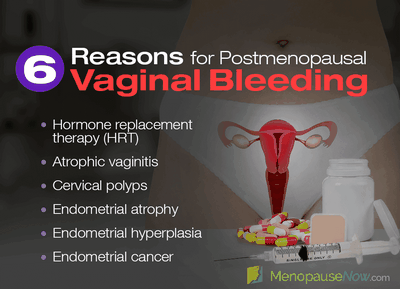Vaginal atrophy, also called postmenopausal atrophic vaginalis, causes inflammation, edema and dryness of the vagina and often results in severe pain during intercourse.

After menopause, more than 40 percent of women will experience symptoms of vaginal atrophic vaginitis, which can include infections and urinary complications. Although it is not as common as other forms of vaginal disease, atrophic vaginal conditions are treatable.
The symptoms of vaginal atrophy range from mild to very severe, and can interfere with normal daily functions. It is important that the condition be diagnosed and treated as soon as possible for the best results. Although there is no known cure for atrophic vaginal conditions, the symptoms can be greatly improved by maintaining a healthy diet, exercising regularly, and avoiding alcohol, smoking, and drugs. These steps will help to keep the vagina healthy, and will help it repair itself and regain its proper function.
Because atrophic vaginal conditions can interfere with sexual intercourse, there is a need for a woman to take her time when trying to conceive after contracting an infection. Since atrophic vaginal conditions tend to have a negative effect on the reproductive system, there is no guarantee that the infection will not return in the future. Women who suffer from atrophic vaginal conditions should be aware of the risks involved and consult a doctor if they have any concerns.
For many women, the best treatment for vaginal atrophy is prevention. Since many of the symptoms of this condition are caused by low estrogen levels, eating foods high in phytoestrogens (plant-based estrogens) may help to prevent them. Some examples of phytoestrogen-rich foods are wheat germ, soy products, and carrots.
Another way to treat atrophic vaginal conditions is through natural supplements. The most common form of estrogen-reducing supplement is called conjugated linoleic acid (CLA). This is often found in dietary supplements sold under the brand name, CEE. To get the best results, you should take the supplement daily for four to six weeks to see if you notice an improvement.
There are also some medical treatments available for vaginal atrophy conditions, although these are not usually effective in the long term. Some of these treatments include vaginal irrigation, or microdermabrasion.
Because women are the primary sufferers of atrophic vaginal conditions, women need to discuss their treatment options with their doctors before taking any medications or undergoing surgery.

In addition to a full medical examination, women should also be evaluated for other possible conditions to rule out infections and other complications.
The symptoms and complications associated with the condition are fairly similar to those that affect the reproductive system, such as infections. In many cases, it is very hard to diagnose vaginal atrophy conditions on your own. A physician or gynecologist will be able to make a thorough diagnosis, and can suggest various medications that can improve the symptoms and decrease the risk of complications. In most cases, however, vaginal atrophy conditions are treatable with over-the-counter medications.
The most common symptoms of atrophic vaginal conditions include soreness and redness in the vaginal area. It may also feel lumpy. This is one of the most common symptoms of vaginal atrophy and can include some of the same symptoms as menopause.
These symptoms may appear immediately or later on in life. If you have any of the above-mentioned symptoms, it is important to speak to a doctor. He or she may perform a physical exam to look for unusual lumps or swellings. He or she may also ask you about your lifestyle and exercise habits.
Vaginal atrophy may result in a range of complications. It is often accompanied by urinary or bladder problems. You may also have increased risks of contracting pelvic inflammatory diseases, blood clots, and even cancer.
In many cases, a doctor may recommend hormonal therapy to treat vaginal atrophy symptoms. Hormone replacement is often used as a form of therapy for menopausal women. However, it can lead to serious side effects like hot flashes and mood swings, which may increase your risk of depression.